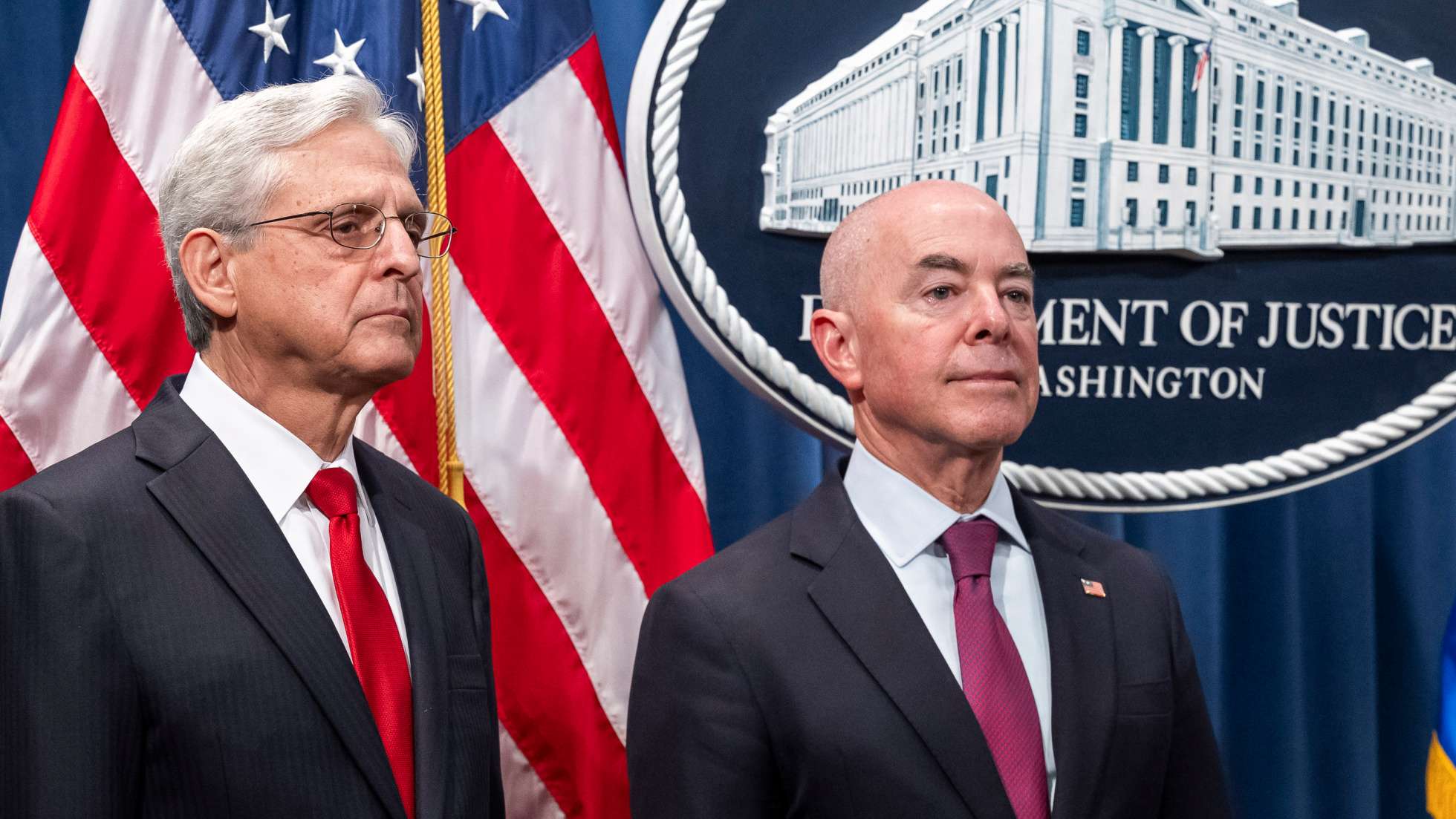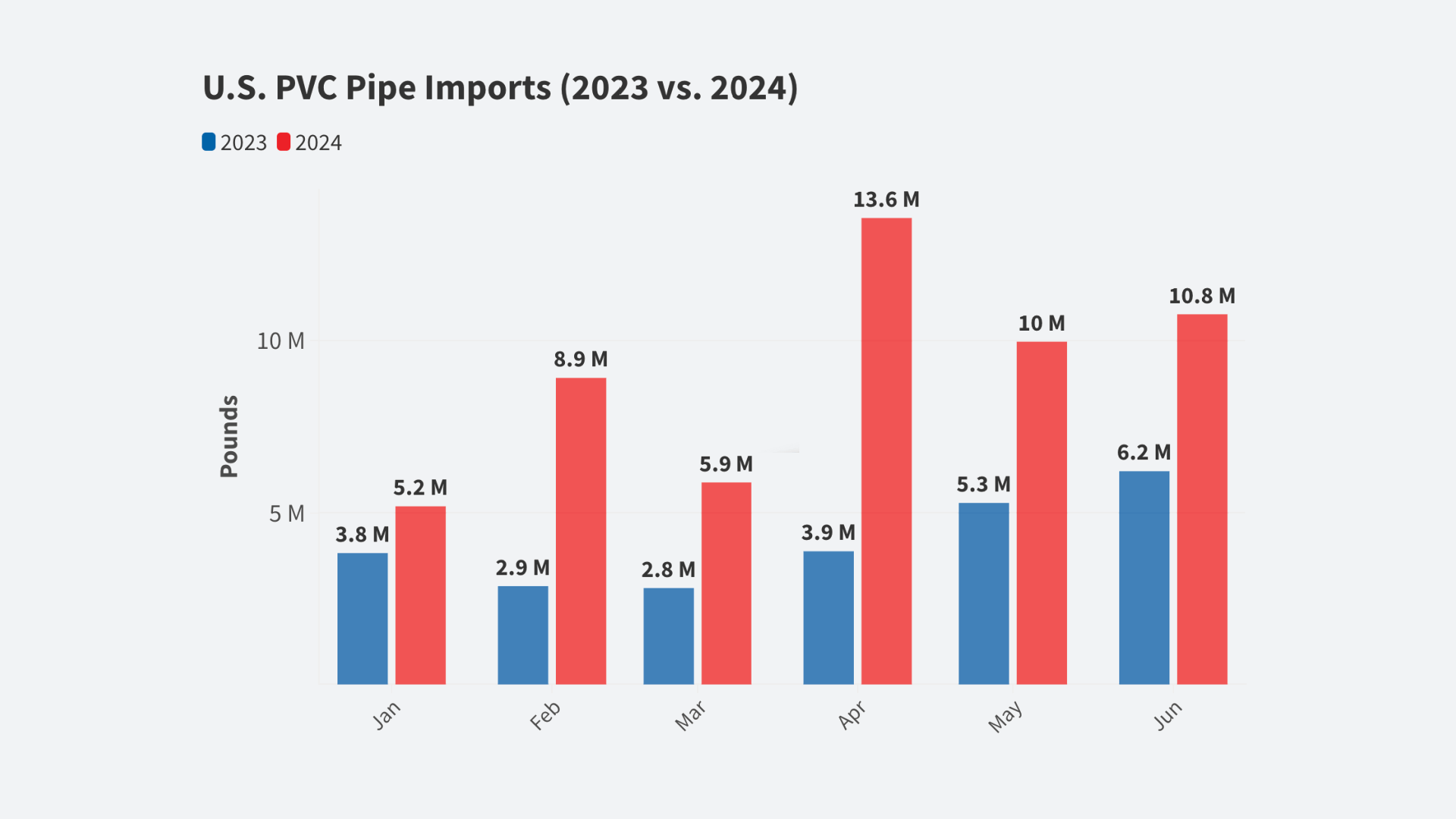
No need for haste on TPP deal
The 12 countries taking part in the negotiations for the Trans-Pacific Partnership (TPP) free trade agreement will hold ministerial-level talks in late May in the Philippines, following talks among their chief negotiators in Guam. As the countries step up their efforts to reach a broad agreement on major issues at the ministerial meeting, Japan and the United States, the two biggest economies among the participants, are hoping to round up their TPP-related bilateral negotiations.
[Reposted from The Japan Times | May 13, 2015]
Some argue that since China’s initiative to create the new Asian Infrastructure Investment Bank is gaining momentum, attracting not only Asian economies but also major European powers as founding members, serious efforts should be made to wrap up the TPP talks now to establish a framework of economic cooperation in the Asia-Pacific region led by the U.S. and Japan to counter China’s rising clout.
The Abe administration should not be swayed by such an argument and ought to refrain from making hasty moves in the TPP talks, keeping in mind that once the TPP takes effect, it’s going to have a deep and wide-ranging impact on Japan’s economic and social structure. The government needs to set aside political considerations and make cool-headed calculations concerning the long-term merits and demerits of the free trade pact. It should never make easy compromises that potentially damage Japan’s interests while bringing few gains.
One big problem with the TPP talks is the secrecy of the negotiating process. The participants are required not to publicize developments in the talks and draft agreements while they are still being negotiated. The talks are going forward without the Japanese public and lawmakers being given relevant information on what is being discussed or agreed upon. For example, it is impossible to know the details of discussions on regulations the TPP nations can adopt for environmental protection and food safety. Even when the trade pact takes effect, the participants will be forbidden from disclosing internal documents on the negotiation process for four years.
Although the negotiating parties initially hoped to reach a broad agreement by the end of 2013, signing the accord is still not in sight today. One of the major sticking points is the inability of Japan and the U.S. to narrow their differences on two major issues — agriculture and automotive parts.
Japan, which joined the TPP talks in 2013, wants to maintain high tariffs on five categories of agricultural products — rice, wheat, beef and pork, dairy products and farm products used to produce sugar — to protect domestic growers. Among these, rice is the biggest issue. While maintaining a prohibitively high tariff on rice imports, Japan annually buys some 770,000 tons from abroad free of tariffs to provide minimum access to the domestic market in accordance with an agreement under the World Trade Organization. Of that amount, 360,000 tons came from the U.S. in fiscal 2013.
It has been reported that during bilateral talks, the U.S. demanded that Japan import an additional 175,000 tons of rice from the U.S. for staple food usage and another 40,000 tons for use in processed food.
Japanese and U.S. officials said they made substantial progress in their last ministerial talks in April, ahead of the summit between Prime Minister Shinzo Abe and President Barack Obama in Washington. But the gap appears to remain wide on these key points. To partially meet the U.S.’ rice demand without affecting Japanese rice farmers, who already face a domestic market glut, the Abe administration is reportedly considering buying several tens of thousand tons from the U.S. each year as government reserves.
Resolutions adopted by agriculture, forestry and fisheries committees of both houses of the Diet in 2013 called for protection of domestic production of the farm products in the five categories and oppose even gradual cuts in their import tariffs. They said Japan should not hesitate to pull out from the TPP talks if it is judged the nation would be unable to maintain the “sanctuaries” guarding these categories. The government should make sure that the compromise it is reportedly contemplating in terms of rice imports does not run counter to the spirit of the resolutions.
Financial factors also must be taken into account. The purchase of rice as government reserves — to be sold later at a cheaper price — costs taxpayers ¥2.5 billion per 10,000 tons annually. Increasing the annual purchase of reserve rice — which was 250,000 tons in 2014 — to import more from the U.S. means an additional drain on the government’s finances. The Abe administration needs to carefully consider what degree of financial burden would be acceptable to protect farmers. Such a burden also needs to be weighed against the potential gains for Japan in other areas of the TPP talks.
Automotive parts are a trade area in which Japan stands to gain through the TPP. Last year, Japan exported more than ¥1 trillion of car parts to the U.S., and the nation would gain a lot if the U.S.’ tariffs on those parts are to be eliminated. But while Japan has already removed import tariffs on U.S. automotive parts, the U.S. maintains a 2.5 percent tariff on imports from Japan — reflecting the powerful lobbying from the local auto industry. The government needs to make all-out efforts to get the U.S. to correct this imbalance as quickly as possible.
Another major stumbling block to a deal among the negotiating countries is that the U.S. Congress has yet to give Obama fast-track authority to conclude the talks. If he can’t secure this authority, agreements reached with the U.S. government could later be altered by Congress — a prospect that makes it difficult for the other participants to make concessions. Congressional deliberations on a bill on fast-track authority are now being delayed, and its success or failure will heavily influence the course of the negotiations. Momentum for an agreement would be lost if the talks get dragged on beyond this summer, when campaigning for the 2016 U.S. presidential election will get into full swing. Japan may need to prepare for other options to achieve its free trade goals.













